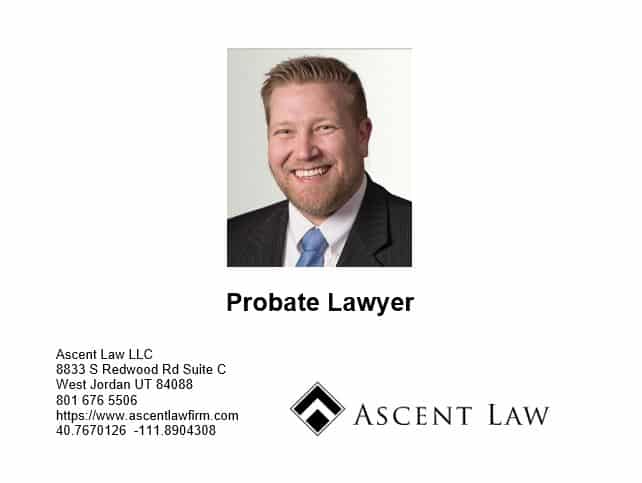
Generally, probate for large estates can take years, or even decades. However, for smaller estates, there’s a simplified version of the process – often called simplified probate or summary probate. Almost all states, with the exception of a few, allow this simplified probate procedure that saves money and time. Read on to learn about summary probate for small estates.
What Is Simplified or Summary Probate for Small Estates?
A simplified probate procedure, often called summary probate, is a simple probate proceeding that is available for small estates as defined by individual state laws. Different states have different definition of summary probate. Most states allow summary probate as long as the estate doesn’t exceed a certain limit. The amount of estate often refers to the dollar value of the property that’s in the estate, which varies by state. For example, California requires estates not to exceed $150,000 to qualify for summary probate by affidavit with a 40-day waiting period. As opposed to the regular probate process, summary probate typically won’t require a court hearing. Instead, beneficiaries can use simple methods to distribute the assets, as described below.
Determining the Estates Limit
The easiest way to determine the estate limit is to create a list of assets that pass to the heirs and beneficiaries by will. If there’s no will, the state intestate succession law will determine what types of assets are transferrable to the heirs. Then, add up those assets, and the total amount should not exceed the state limit on summary probate. Some types of assets, such as joint tenancy property, retirement benefits, and payable-on-death bank accounts, which don’t go through the regular probate, are not counted towards the summary probate estate.
Getting Started: Summary Probate Process
Although states may have different requirements for the summary probate process, there are common steps that most states require. The summary probate process starts when the executor or the surviving family member files a petition for summary probate. The petition should indicate the amount of the estate and a statement on how it meets the limit to qualify for summary probate under state law. If there’s a will related to the estate, the petition should also show that the will is valid.
Next, you will need to submit supporting documents to go along with the petition for summary probate. The court will require you to attach a copy of the will and a list of heirs and property assets. After the petition for summary probate is submitted, the summary probate process goes into a waiting period, which gives creditors an opportunity to file claim against the petitioner. This period for summary probate usually lasts a month or two, which is much shorter than the regular probate. Then, the estate must pay any outstanding taxes and debts. After that, the assets will be distributed to the appropriate heirs. Once final asset distributions are made, the estate is closed.
Uniform Probate Code on Simplified Probate
Many states have adopted the Uniform Probate Code (UPC), which includes provisions on the simplified probate process. Under the UPC, there are two different methods for simplified probate: (1) affidavit to collect the property and (2) summary administration. Some states have both methods and some states would only allow one of these procedures.
In the affidavit procedure, the beneficiaries can use a simple affidavit to claim the assets, regardless of the amount of estates. The beneficiaries must explicitly claim the title of the property and get the affidavit notarized. Then, all beneficiaries must sign the affidavit under oath. There must be no legal disputes regarding collection of the property. Otherwise, the probate court will need to hold a hearing to resolve the disputes.
The summary administration refers to the procedure for small estates. As mentioned above, each state has its own estate limits that set the qualification for summary administration. If the estate is within that limit, the executor may distribute the assets to the entitled beneficiaries.
Free Initial Consultation with Lawyer
It’s not a matter of if, it’s a matter of when. Legal problems come to everyone. Whether it’s your son who gets in a car wreck, your uncle who loses his job and needs to file for bankruptcy, your sister’s brother who’s getting divorced, or a grandparent that passes away without a will -all of us have legal issues and questions that arise. So when you have a law question, call Ascent Law for your free consultation (801) 676-5506. We want to help you!
8833 S. Redwood Road, Suite C
West Jordan, Utah
84088 United States
Telephone: (801) 676-5506
Recent Posts
What You Need To Know About Accounting Malpractice Lawsuits
What To Do If You Are Damaged By Legal Malpractice
Divorce Lawyer and Family Law Attorneys


